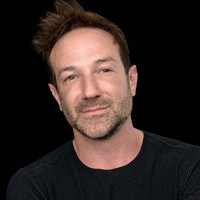John Berryman: The Art of Poetry No. 16
“We take it that all young writers overestimate their work. It’s impossible not to—I mean if you recognized what shit you were writing, you wouldn’t write it. You have to believe in your stuff—every day has to be the new day on which the new poem may be it.”






